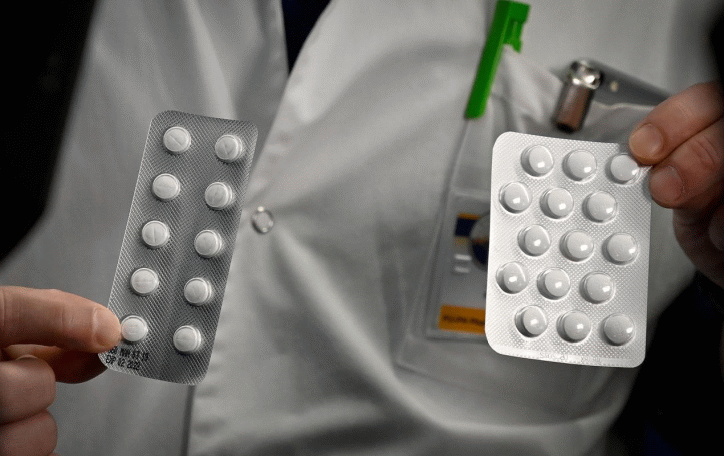Lancet retracts bogus hydroxychloroquine study that raised concerns about the malaria drug

Just when we think the story of hydroxychloroquine is over, today Lancet issued a retraction of its earlier study that claimed people being treated with the antimalarial drugs hydroxychloroquine and chloroquine are at a higher risk of death and irregular heart rhythms than those not receiving it.
The apology and retraction came just a day after the medical journal issued an “Expression of Concern” to alert readers to the fact that serious scientific questions have been brought to our attention. The retraction also stems from another story we reported late last month after Surgisphere Corp was caught falsifying data for which the Lancet study was based. The revelation about the flawed data first came to light after a group of Australian infectious researchers raised questions about a controversial study published in the medical journal.
In statement, The Lancet said: “Today, three of the authors of the paper, “Hydroxychloroquine or chloroquine with or without a macrolide for treatment of COVID-19: a multinational registry analysis”, have retracted their study.”
Below is the full statement.
Today, three of the authors of the paper, “Hydroxychloroquine or chloroquine with or without a macrolide for treatment of COVID-19: a multinational registry analysis”, have retracted their study. They were unable to complete an independent audit of the data underpinning their analysis. As a result, they have concluded that they “can no longer vouch for the veracity of the primary data sources.” The Lancet takes issues of scientific integrity extremely seriously, and there are many outstanding questions about Surgisphere and the data that were allegedly included in this study. Following guidelines from the Committee on Publication Ethics (COPE) and International Committee of Medical Journal Editors (ICMJE), institutional reviews of Surgisphere’s research collaborations are urgently needed.
The retraction notice is published today, June 4, 2020. The article will be updated to reflect this retraction shortly.
Yesterday, in its “Expression of Concern” message, Lancet added that an independent audit of the provenance and validity of the data has been commissioned by the authors not affiliated with Surgisphere. The audit is still ongoing. Lancet said the following:
Important scientific questions have been raised about data reported in the paper by Mandeep Mehra et al—Hydroxychloroquine or chloroquine with or without a macrolide for treatment of COVID-19: a multinational registry analysis1—published in The Lancet on May 22, 2020. Although an independent audit of the provenance and validity of the data has been commissioned by the authors not affiliated with Surgisphere and is ongoing, with results expected very shortly, we are issuing an Expression of Concern to alert readers to the fact that serious scientific questions have been brought to our attention. We will update this notice as soon as we have further information.
The concerns about the scientific accuracy of the study and the origin of data used for Lancet study was first questioned by a team of Australian infectious researchers. According to the researchers, the Lancet study, which was led by the Brigham and Women’s Hospital Center for Advanced Heart Disease in Boston, examined patients in hospitals around the world, including in Australia. It said researchers gained access to data from five hospitals recording 600 Australian Covid-19 patients and 73 Australian deaths as of 21 April.
However, according to Guardian, data from Johns Hopkins University shows only 67 deaths from Covid-19 had been recorded in Australia by 21 April. The number did not rise to 73 until 23 April. The data relied upon by researchers to draw their conclusions in the Lancet is not readily available in Australian clinical databases, leading many to ask where it came from.

